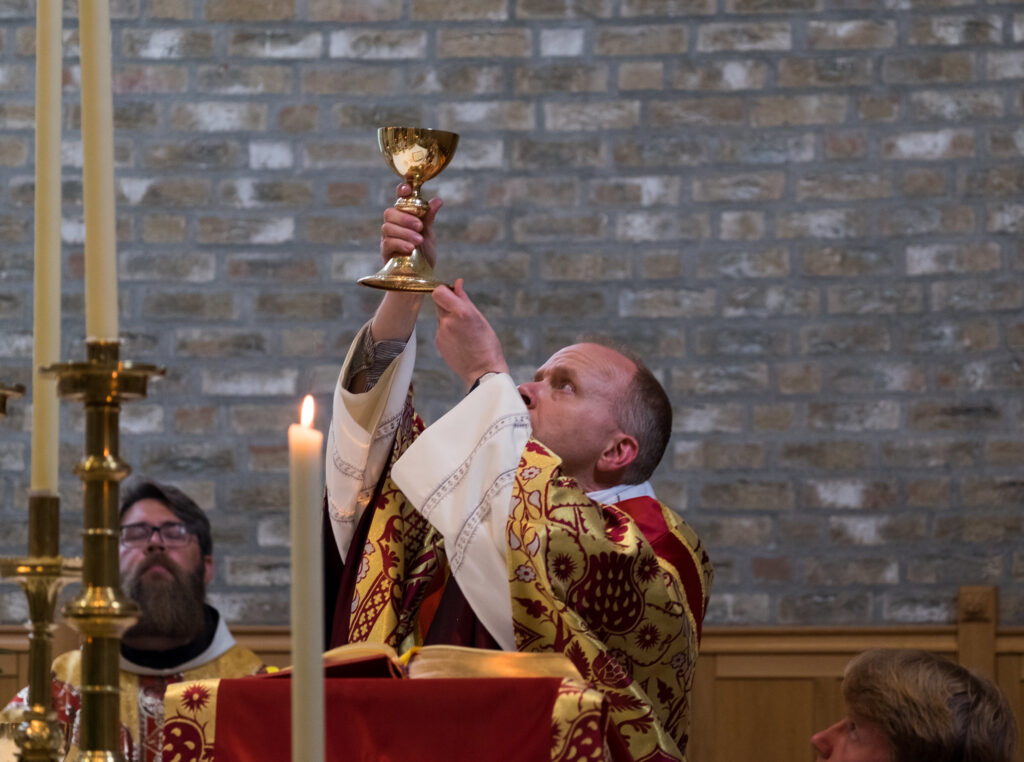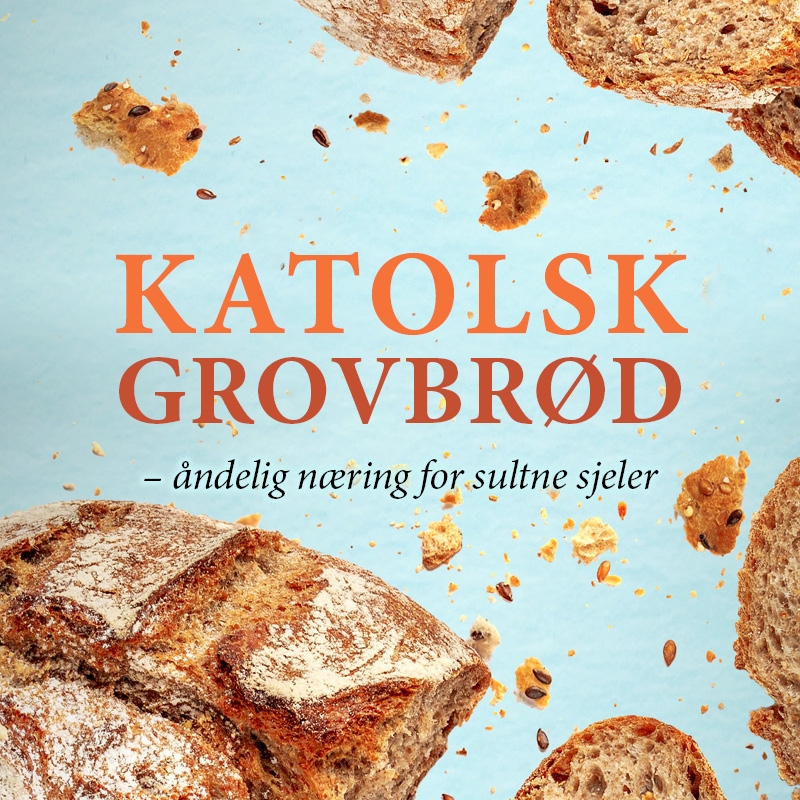CNA Newsroom, Mar 9, 2024 / 10:32 am (CNA).
Voters in Ireland appear to have voted to preserve the country’s constitutional recognition of the central role of the traditional family founded on marriage, as well as the societal value of women within the home, rejecting a pair of referendums held March 8, pro-referendum government leaders conceded Saturday.
“It does look like a no vote in both the family and care referendums,” Green Party Leader Eamon Ryan told RTE News on Saturday. “The first thing to say is that we respect that. It’s the voice of the people and in our constitution, it’s the people who are sovereign.
“It’s they who decide what goes into our constitution,” Ryan said. Official results were not released yet.
The “Family Amendment” would have removed a clause about the importance of marriage and family to society from Ireland’s 1937 constitution and legally redefined “family” as either “founded on marriage or on other durable relationships.”
The proposed “Care Amendment,” meanwhile, would have removed a clause noting that the “State recognises that by her life within the home, woman gives to the State a support without which the common good cannot be achieved.”
Ireland’s leading political parties and other influential groups strongly backed the well-funded referendum initiative, while some conservative groups and the country’s Catholic bishops urged a “No” vote on both measures.
“This decision by the Irish electorate sends a powerful message about the importance of preserving foundational values in the face of sweeping societal changes,” Family Solidarity, an Irish conservative advocacy group that opposed the constitutional language changes, said in a statement Saturday.
“This victory is not just a rejection of a specific referendum proposal; it is a declaration by the people of Ireland that the core unit of society — the family based on marriage — must remain protected and cherished. It underscores a collective desire to maintain the integrity of societal values that have long been the bedrock of our nation”
Critics of the amendments argued that the bill, which took place on International Women’s Day, ironically erased terms like “women” and “mother” from the constitution, while also causing confusion about the meaning behind a “durable relationship.”
The “Care Amendment” also would have removed an article of the Irish Constitution that said: “the State shall, therefore, endeavour to ensure that mothers shall not be obliged by economic necessity to engage in labour to the neglect of their duties in the home.”
These clauses would have been replaced by an article noting that the State will “strive to support” the care that “members of a family” give to one another “without which the common good cannot be achieved.”
“The people of Ireland have spoken and given this government and the parties in opposition a walloping,” Sharon Keogan, an Independent Irish senator, posted on X (formerly Twitter.)
“Women do not want to be reduced to non-gender language,” she said. “I, for one, did not view the erasure of the words ‘woman or mother’ as something worthy of being progressed. Thankfully this country agreed.”
This is a developing story.











